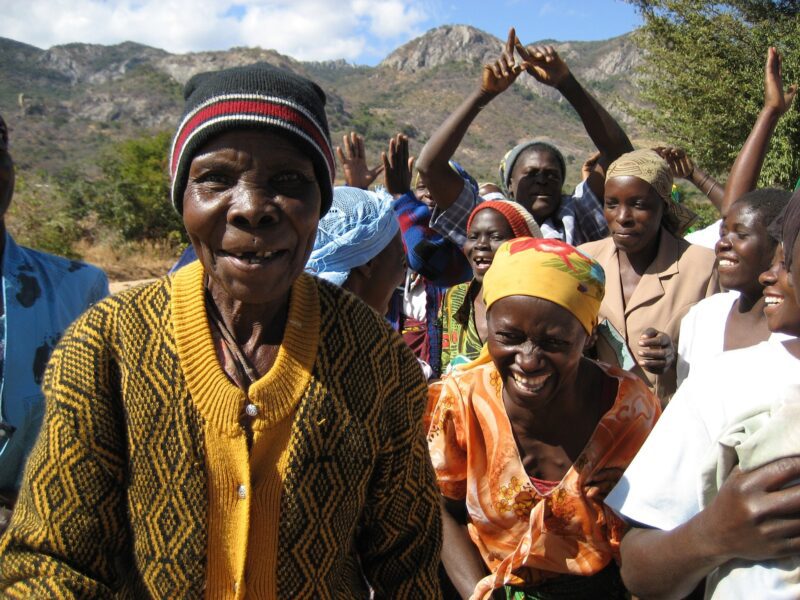Global Issues
Aging and Poverty -By Suleiman Lawan Kolomi
These growing numbers of old people against the working class group post a serious threat to not only the developing countries but to the development of the world. The reality of the global situation is that some developing countries will face ‘unprecedented aging’ without social and economic infrastructure or public institutions to support those dependent elderly people who are unable to support themselves economically.

Aging is a transition from young to becoming old; it is the process or accumulation of changes in human being over time. These changes include physical, psychological, social and economic which places one at high risk of dependency, poverty and illness. This consequently affects an individual, the society and which at large affects the development of a country.
Aging and poverty are development issues that draw a lot of attention and concern over the recent decades. In the 1960s and 1970s, development initiatives and population policies adopted has helped to reduce fertility and mortality rates, with rising life expectancy due to improvements in health in many developing countries but mainly in the Asian region. As a result many developing countries in other regions made policies that will address this development issues at their various states. This has particular implications for developing countries that need to recognize ageing and development as part of poverty reduction strategies.

Soweto residents enjoy themselves at a tree planting ceremony to mark the centenary of the Soweto township, 45km south of Johannesburg, 12 October 2004. Soweto, South Africa’s most famous black township, an acronym for South West Township, was home to both Nelson Mandela and Archbishop Desmond Tutu and witnessed several landmark protests against the white minority racist regime which helped bring an end to apartheid in 1994.
AFP PHOTO/Alexander JOE / AFP PHOTO / ALEXANDER JOE
UN definition of ‘old age’ is 60+ years. This definition is quite useful for the sake of comparison internationally, but poses a lot of questions on its appropriateness when applied in different societies and culture. According to UNDP two-thirds of the world’s older population lives in developing countries. Numbers of older people in these regions estimated to double to reach 900 million within 25 years. From 1950 to 2005, the number of older people grew from 205 million (8% of the total global population) to 672 million (10%). And by 2050 it is expected to reach almost 2 billion, representing 21 percent of the world’s total population.
These growing numbers of old people against the working class group post a serious threat to not only the developing countries but to the development of the world. The reality of the global situation is that some developing countries will face ‘unprecedented aging’ without social and economic infrastructure or public institutions to support those dependent elderly people who are unable to support themselves economically. Also with shifts in the family structure caused by industrialization, urbanization, increase in different forms of migration and the increasing number of women entering the labor market and education has consequently affects the support and security for elderly family members. The traditional three-generational households (comprised of grandparents, parents and children) are decreasing in number in many Asian and African countries. Widowhood is another threat; and women who are unmarried (divorced, or separated) are at greater risk of economic difficulty and demographic ageing may increase the percentage of woman-headed households.

Suleiman Lawan Kolomi
Therefore, it is imperative to make policies and laws to adopt a critical perspective in understanding ageing and the preparedness to address future challenges of ageing populations, and those people living in poverty in later stages of their lives especially in the rural areas and beyond should be on an insurance scheme which can support them and finally the government and other development partners must come together to seek redress for the growing number of aged people in the world and particularly in the developing countries.
Suleiman Lawan Kolomi, B.Sc., PGDCMPC, (M.Sc. in view)
suleimankolomi@gmail.com
Department of Sociology,
Bayero University, Kano









